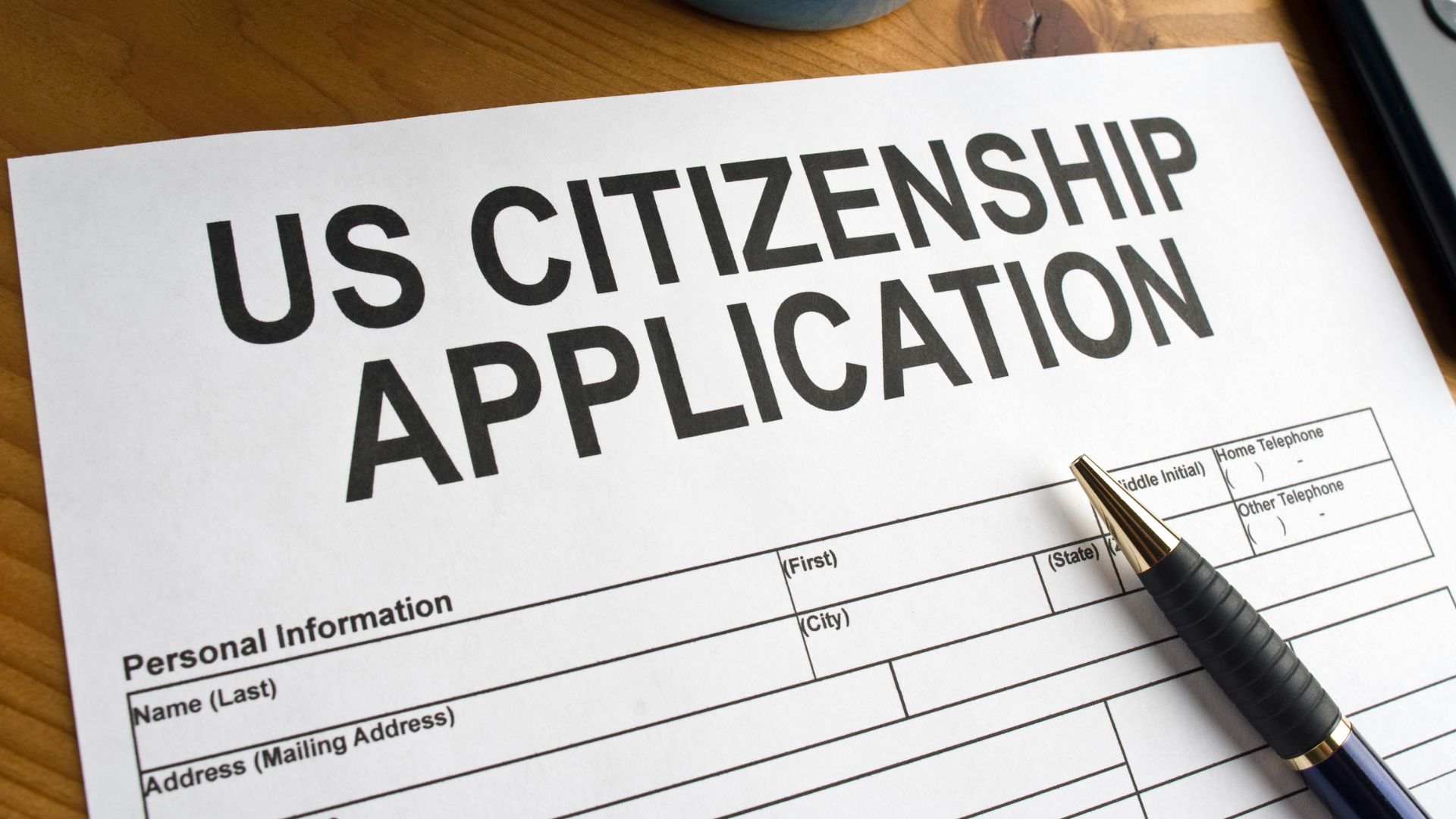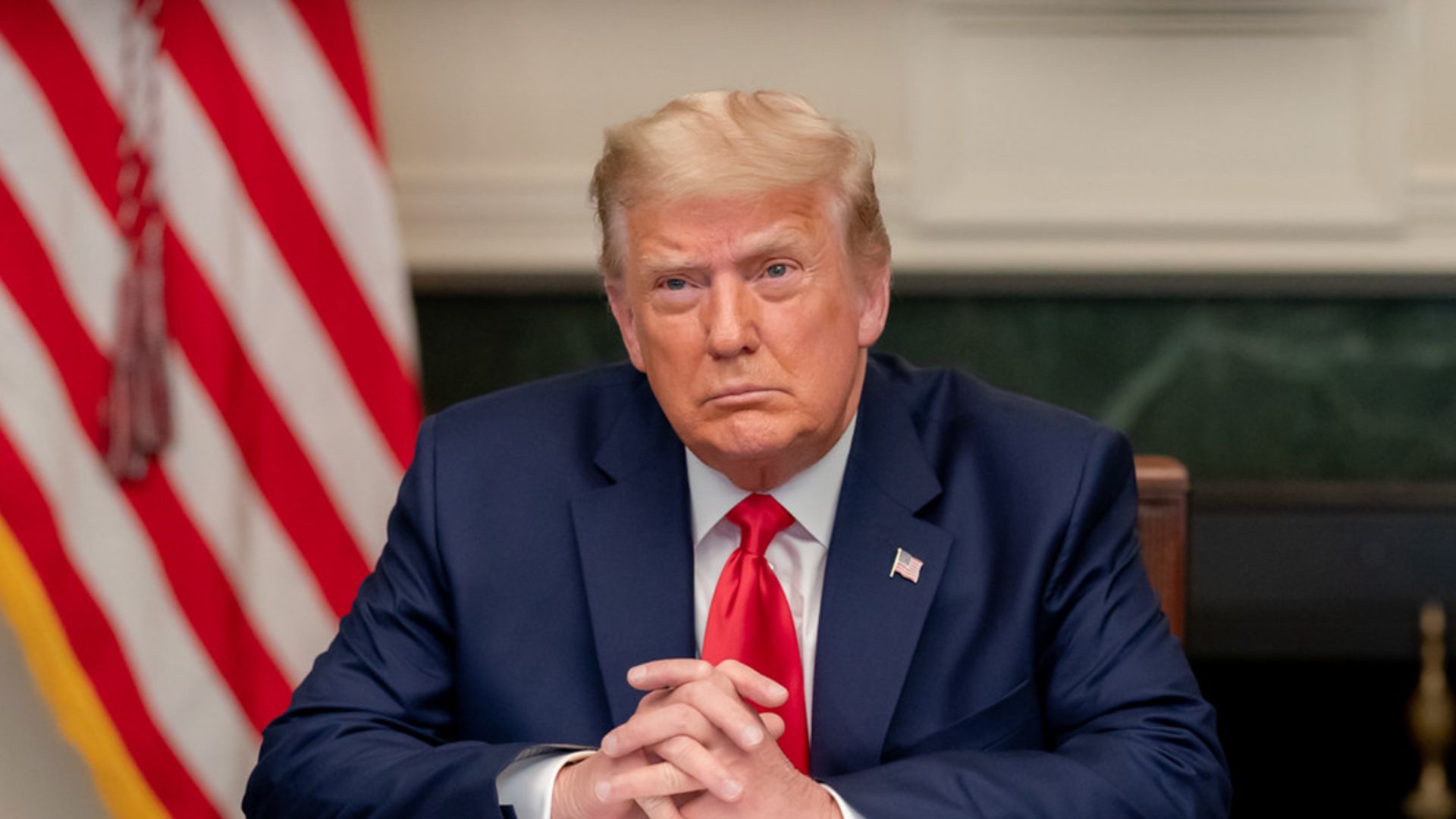January 20, 2025, Washington, D.C. — President Donald Trump today signed an executive order that further limits the scope of birthright citizenship in the United States, underscoring the importance and value of U.S. citizenship. The order clarifies that individuals born in the U.S. under certain circumstances will no longer automatically acquire U.S. citizenship, specifically in cases where the mother’s presence in the U.S. is unlawful or temporary.
The executive order, titled “Protecting the Meaning and Value of American Citizenship,” builds on the Fourteenth Amendment’s interpretation of “subject to the jurisdiction thereof,” which has traditionally been understood to grant automatic U.S. citizenship to individuals born in the U.S. However, President Trump’s new directive specifies that birthright citizenship will not apply to individuals born in the following situations:
- When a person is born in the U.S. to a mother who was illegally present in the country and whose father was neither a U.S. citizen nor a lawful permanent resident at the time of birth.
- When a person is born in the U.S. to a mother who was legally in the U.S. on a temporary basis (such as a visitor on a tourist, student, or work visa), and the father was not a U.S. citizen or lawful permanent resident at the time of birth.
Implementation and Impact of the Order
The executive order will apply only to individuals born in the U.S. after 30 days from the date of the order. The policy will not affect other individuals who are eligible for U.S. citizenship, such as children of lawful permanent residents. The U.S. Department of State, Department of Justice, Department of Homeland Security, and the Social Security Administration will take appropriate actions to ensure that their regulations and policies are aligned with the new executive order. These agencies will also issue public guidance within 30 days on how the order will be implemented.
In signing the order, President Trump emphasized that the move is aimed at ensuring the integrity of U.S. citizenship and maintaining the legal standards for birthright citizenship. He further noted that the policy is a lawful interpretation of the Fourteenth Amendment’s clause, “subject to the jurisdiction thereof,” and that it will not impact other qualified individuals seeking U.S. citizenship.
Legal Challenges and Public Reactions
This executive order may face legal challenges, particularly regarding the interpretation of the Fourteenth Amendment. Some critics argue that the policy may violate the constitutional intent of the amendment and unfairly impact certain immigrant communities. Supporters, on the other hand, believe that the policy will help preserve the unique value of U.S. citizenship and ensure that only those who meet the legal requirements are granted citizenship.
The implementation of this executive order is expected to have significant implications for U.S. immigration policy, and ongoing debates surrounding its legal challenges and effects on immigrant communities will continue to unfold.




